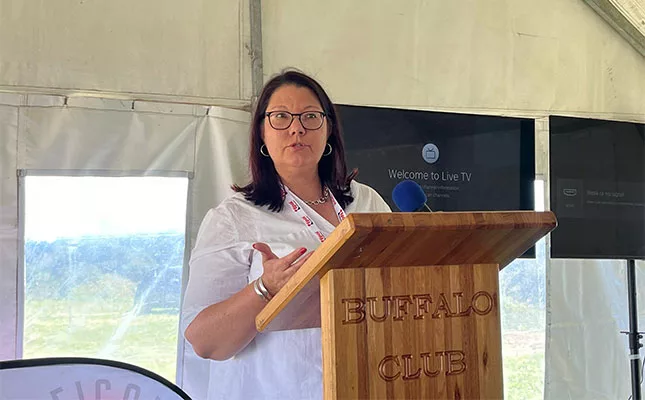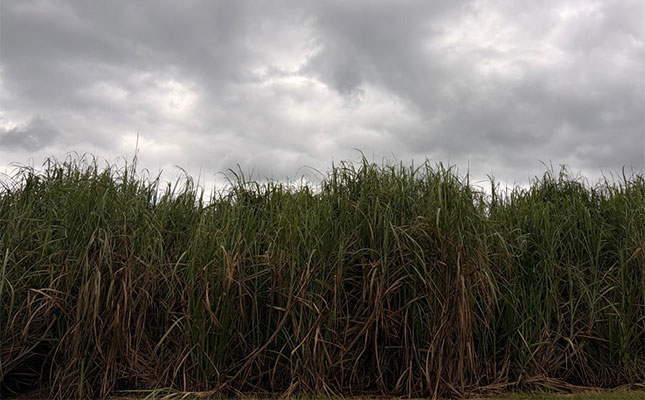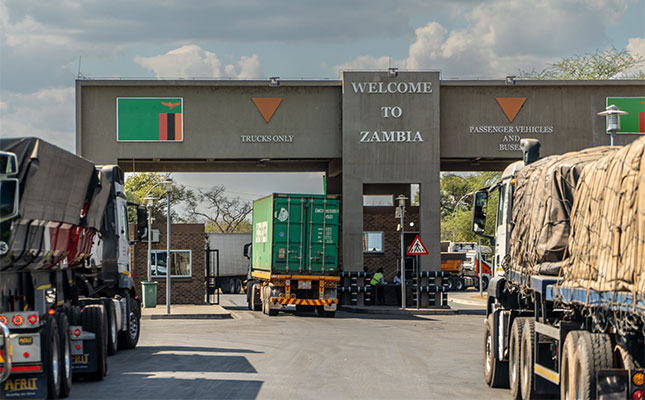
One of the expo’s central themes is agro-processing, which gives farmers an opportunity to add value to their produce, reach new markets, and grow their businesses sustainably.
Water management also emerged as a pressing issue for farmers. Speaking to Farmer’s Weekly, Fourie said farmers needed to remain compliant with the National Water Act (No. 36 of 1998).
“There are 11 water uses that farmers need to know about, ranging from taking and storing water to constructing on riverbanks and carrying out activities such as afforestation. Any of these require authorisation from [the DWS] to protect water resources,” she said.
Fourie added that ignoring water regulations could have severe consequences: “Improper disposal of waste or carcasses can pollute water sources, harm animals, and affect people who rely on groundwater for drinking.”
She pointed out that the DWS was not only enforcing compliance but was also helping farmers safeguard their businesses in the long term.
Water contamination and depletion, she explained, could undermine smallholder and commercial operations, making compliance an essential investment rather than a burden.
To provide clarity, Fourie outlined the four categories of water use recognised by the DWS: Schedule 1 Water Use, General Authorisations, Existing Lawful Use, and Licensed Water Use.
She explained that Schedule 1 uses, which included household consumption, small-scale gardening, or watering a few animals, were generally non-billable and did not normally require a licence. However, this was subject to limits, exceptions, and resource-specific thresholds.
Larger farming operations, however, often required more complex authorisations.
“The licence applications are the most complex, usually involving large-scale activities or developments in sensitive areas. They often require technical studies and can be expensive because of their significant impact,” Fourie said.
The DWS also showcased its Electronic Water Use Licence Application and Authorisation System (e-WULAAS), introduced in 2019. The platform enables farmers to submit applications online, reducing paperwork and improving turnaround times, making it easier for them to comply.
Farmers were encouraged to visit the department’s stall, where demonstrations and one-on-one assistance were provided, ensuring the system was accessible, particularly for emerging farmers who might find such processes daunting.
Get trusted farming news from Farmers Weekly in Google Top Stories.
➕ Add Farmers Weekly to Google ✔ Takes 10 seconds · ✔ Remove anytime






